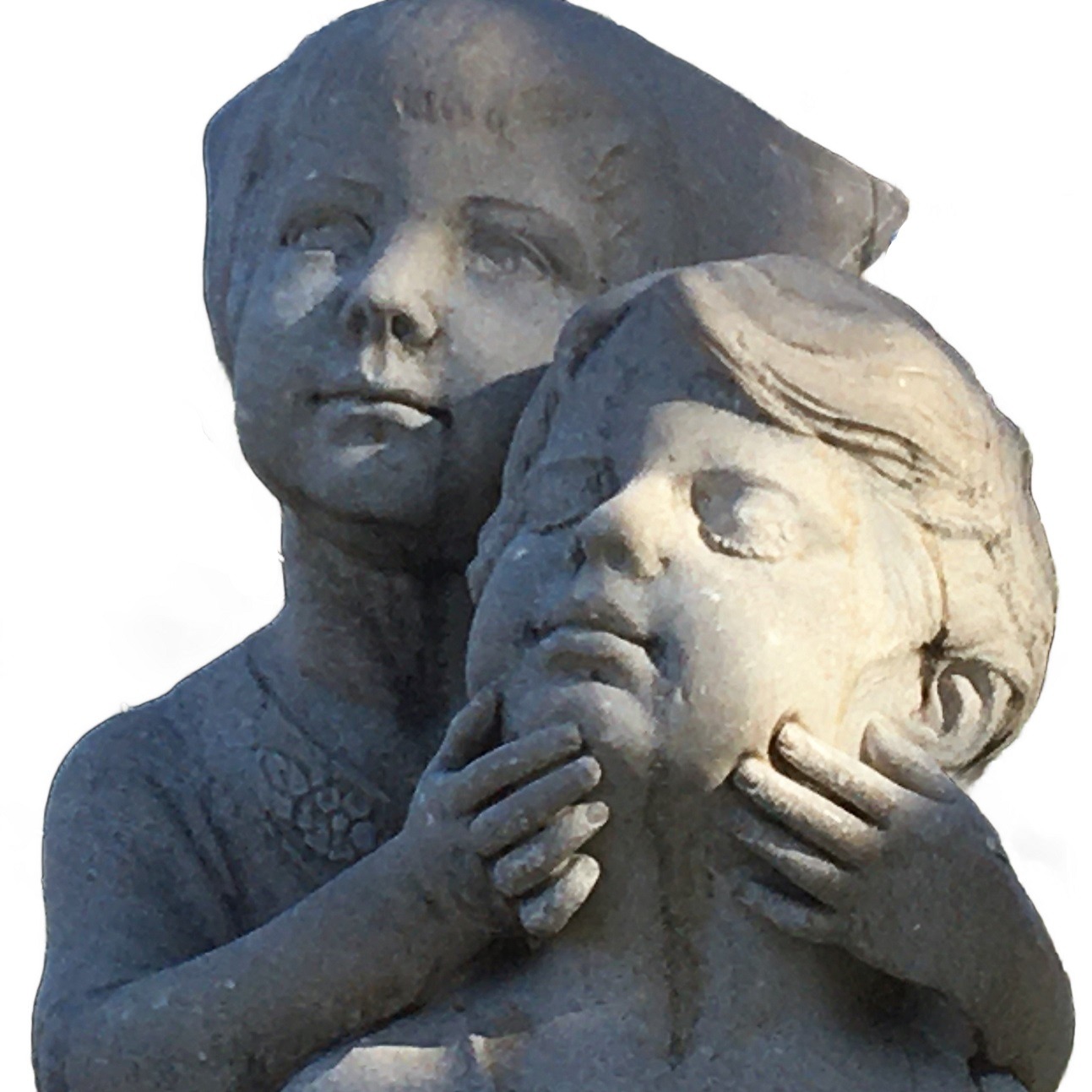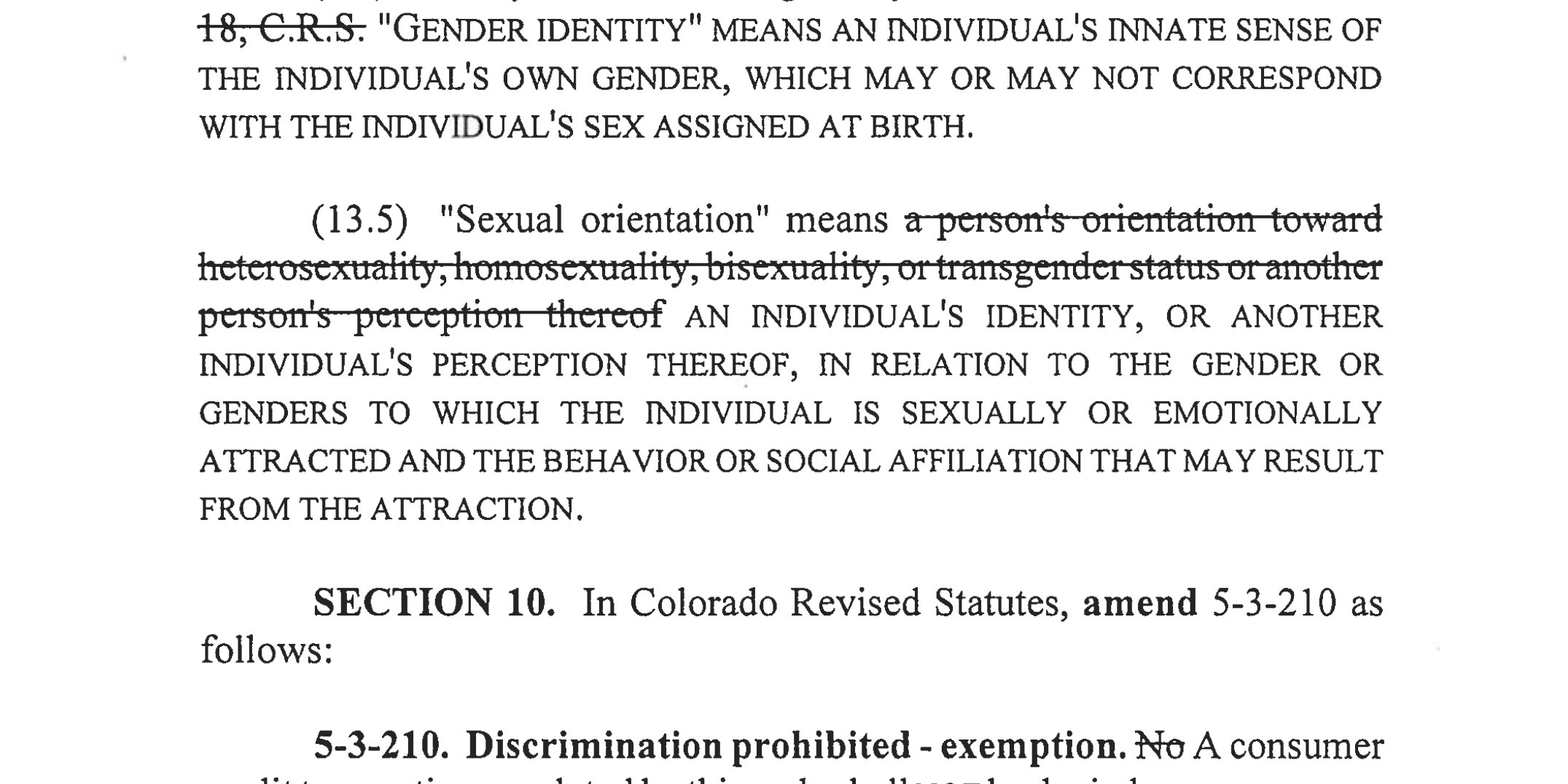DENVER, COLORADO, February 14, 2024
My home state of Colorado was once called “The Hate State.” Back in 1992, voters approved a constitutional amendment saying cities and towns could not pass nor enforce laws protecting gays and lesbians from discrimination. The title of the measure was: “Colorado Amendment 2, No Protected Status for Sexual Orientation Initiative.”
The state’s powerful right-wing Christian fundamentalist organizations supported the amendment. They argued that barring discrimination based on sexual orientation would give special rights and unwarranted minority status to homosexuals. This would be like affirmative action based on sexuality, they said, and would be unfair to heterosexuals.
While Colorado Christian groups such as Focus on the Family were famous for condemning homosexuality as vile sinfulness, most Colorado voters held more tolerant views. Still, Amendment 2 was able to pass because a majority of voters were persuaded by arguments about fairness.
In the wake of the vote, liberals called for a tourism boycott of Colorado. A judge issued a permanent injunction blocking the amendment from becoming law. Ultimately, the amendment was ruled unconstitutional by state and federal supreme courts.
Even so, it would take another 16 years of liberal fundraising, activism, and campaigning before the category “sexual orientation” was added to Colorado’s anti-discrimination law.
In 2008, the state legislature passed a bill making it illegal to discriminate based on sexual orientation in education, public accommodations, employment, and housing. Sexual orientation was defined as “an individual’s orientation toward heterosexuality, homosexuality, bisexuality, or transgender status or another individual’s perception thereof.”
The explicit inclusion of heterosexuality in this definition helped to settle concerns about fairness for all, as did the inclusion of bisexuality and transgender status.
Mission accomplished for Team LGBT, right? No. It took just 13 years to undermine this hard-won victory.
In 2021, the Colorado legislature changed the definition of sexual orientation as it applies to anti-discrimination law. The words heterosexual, homosexual, bisexual, and transgender all were deleted from the legal definition.
How can anyone talk about — or even conceptualize — sexual orientation without referencing heterosexuality, homosexuality, bisexuality, or transgender status? By replacing these concepts with gender, it seems.
Colorado’s new definition of sexual orientation is: “An individual’s identity, or another individual’s perception thereof, in relation to the gender or genders to which the individual is sexually or emotionally attracted and the behavior or social affiliation that may result from the attraction.”
According to the bill — signed into law by Colorado’s first out-and-proud gay governor — this new definition purports to be a clarification of “the individuals who are included in a protected class.”
(Read the bill here – https://leg.colorado.gov/sites/default/files/2021a_1108_signed.pdf)
As many have pointed out, the word “gender” resists clear definition because it relies on vague, self-contradictory, or circular assertions. Gender is something innate and unchanging yet fleeting and fluid related to sex but sometimes having nothing to do with sex and is interchangeable with sex and one’s feelings and expressions of it, but not always. Clear now?
Re-defining sexual orientation as an aspect of gender identity implies that it is a subjective, individual self-concept rather than an observable trait or objective characteristic shared by many people. “Homosexuals” denotes a class of people who are attracted exclusively to members of the same sex. Colorado’s new definition of sexual orientation no longer recognizes the existence of this class. Thus, homosexuals have been erased from anti-discrimination law in Colorado.
The Colorado Democrats and progressive political groups who championed this change have done more to undermine protections based on sexual orientation than the Christian Fundamentalist Right ever could’ve dreamed.
Many gays and lesbians are just now waking up to ways in which our campaigns for equal rights have been hijacked by gender activism. Colorado should serve as a stunning example. More than three decades after Amendment 2, homosexual men and women in Colorado are not a protected class, yet individuals with ephemeral gender identities are.
Don’t let anyone lie to you that this is progress.
Related:

